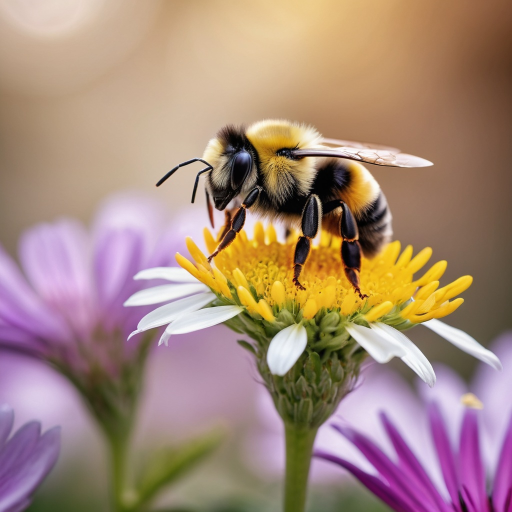While flea treatments are designed to protect our pets from pesky parasites, they often come with unintended consequences for the environment, particularly for bees and waterways. Recent studies have shed light on the detrimental effects of certain flea treatments on these vital components of our ecosystem, urging us to reconsider our choices for the well-being of all.
Bees, essential pollinators responsible for the reproduction of countless plant species, are particularly vulnerable to the chemicals found in many flea treatments. These chemicals can disrupt their delicate nervous systems, impairing their ability to forage for food, navigate back to their hives, and even communicate with other bees. As a result, bee populations may decline, leading to significant repercussions for biodiversity and food production.
Moreover, the chemicals in flea treatments can leach into waterways through runoff, contaminating aquatic habitats and posing risks to aquatic life. Studies have shown that these chemicals can accumulate in sediment and water, affecting the health and reproductive success of fish, amphibians, and other aquatic organisms. Furthermore, they can disrupt the balance of ecosystems, leading to long-term ecological consequences.
It's crucial for pet owners to be aware of the environmental impact of flea treatments and consider safer alternatives that minimize harm to bees and waterways. Natural and safe flea control methods, such as Verm-X Flea and Tick Powder and Dermadog Insect Repellent, can be effective at managing flea infestations without posing risks to the environment. These products utilise herbal ingredients to repel fleas and ticks, providing a safer alternative for both pets and the ecosystem.
As residents of the Isle of Man, part of the UNESCO Biosphere Reserve, we have a unique responsibility to protect and preserve our natural environment. By choosing eco-friendly flea control methods and advocating for sustainable practices, we can do our part to help protect our planet, our families, and our pets. Let's work together to ensure a healthier, more harmonious coexistence with nature for generations to come.


Comments (0)